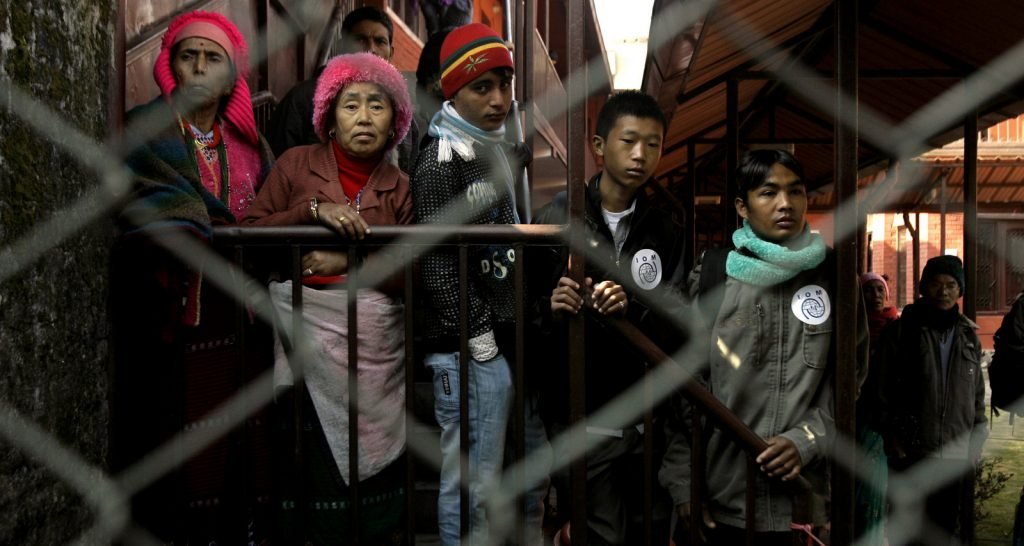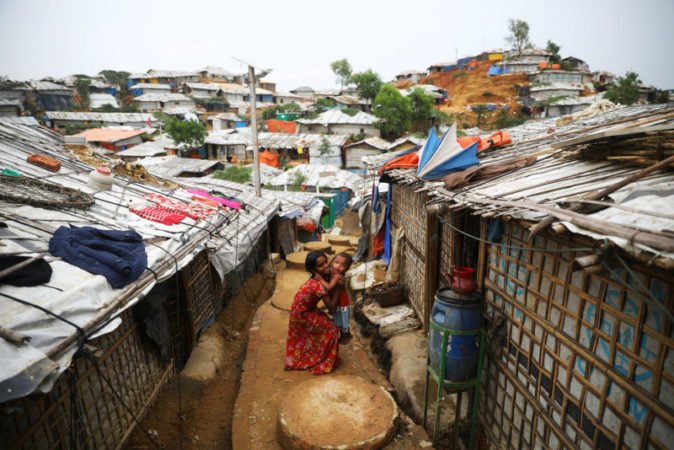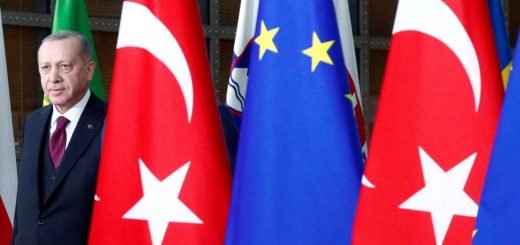Forced Disappearance: Bring Back Home – Refugees, Present, Future

Isn’t the refugee crisis an erosion of human values to the core ?
Enforced disappearance is considered to be the arrest, detention, abduction or any other form of deprivation of liberty by agents of the State or by persons or groups of persons acting with the authorization, support or acquiescence of the State.
One of the worst forms of violation of Human Rights is “Enforced Disappearance”. It is not only the violation of the rights of the victim but of their family too. Therefore International law recognises the concerns of forced disappearance. It is being used as a strategy to spread terror in society as a whole. Human right activists, environmentalists and the families of the victim are at risk due to forced disappearance. The fate of thousands of disappeared people is unknown, this leaves misery in the lives of the loved ones of the lost.
Global Issue:
Forced disappearance is not endemic to one specific region, it is a global problem. This grave problem nowadays is seen in situations of internal conflicts while earlier it was largely the product of military dictatorship. It is used as a tool to suppress people in many nations.
State-Sponsored Enforcement Disappearance leaves citizens no hope to get back the disappeared person. Naxalites are also part of this while others are also involved. It is recognised as a crime under International law. Under this, victims are tortured and are killed sometimes. For example, refugees from Myanmar [rohingyas], refugees from China [uyghurs]. This affects the victim both physically and psychologically. Even if the victim is fortunately released, he/she lives in fear and suspicion which affects them psychologically.
This has been widely known to the world in the 1970s and 1980s during the dirty war in Argentina. The United Nations Commission on Human Rights established the working group in 1980 as the first special procedure mechanism of the UN commission on human rights to fight against human right violation.

Concerns
Enforced disappearance is a form of deprivation of liberty. It provides a sense of deterrence and acts as a tool of terror, Globally recognised crime. This pushes the lives of the activists into fear and risk. it is an agony and is dangerous for families. Men are the most targeted people under enforced disappearance. This results in women leading the struggle and exposed to risk, violence, persecution which in turn results in pension problems thus, families will be stuck in poverty. This results in arbitrary detention and torture.
In Syria, 82,000 people have been victims of ED since 2011. In Sri Lanka, ED was as high as 60,000 to 1lk from the 1980s to 2005. In Argentina, ED was 30000 between the 1970s and 1980s due to military rule. Rohingyas in Myanmar, journalists and media in Zimbabwe were forcefully disappeared.
Enforced Disappearance was not prohibited before 2010. The international community adopted the international convention for the protection of all Persons from Enforced Disappearance in 2006 but came into effect in 2010. The number of participating states is very low. The domestic criminal systems are not sufficient to deal with the crime of Enforced Disappearance. It is a crime that needs a continuous comprehensive approach to fight against it.

Remedy
The Declaration on the protection of all Persons from Enforced Disappearance – 1992, assists the families of disappeared persons to find the victim. It also documents the cases of disappeared people.
Refugees are the most affected ones due to forced disappearance. In China, a massive number of disappearances are among the Uyghur minorities under the pretext of re-education to prevent terrorism. Uyghur minorities are forcibly sent to vocational education and training centres with no information about them. Innocent children are being victimised by this crime.
A few feets of land to bury is the only gift the world can offer to the new entrants into the so-called paradise of the universe.



















